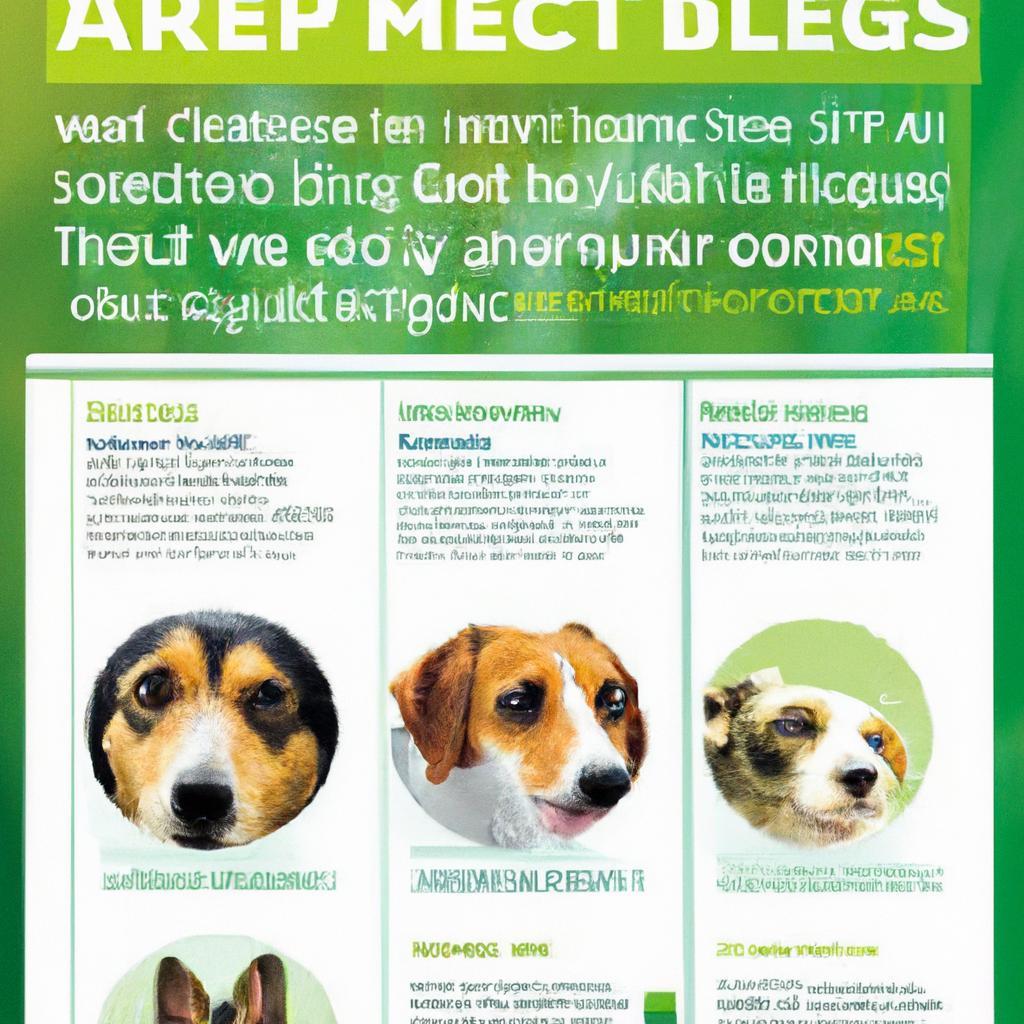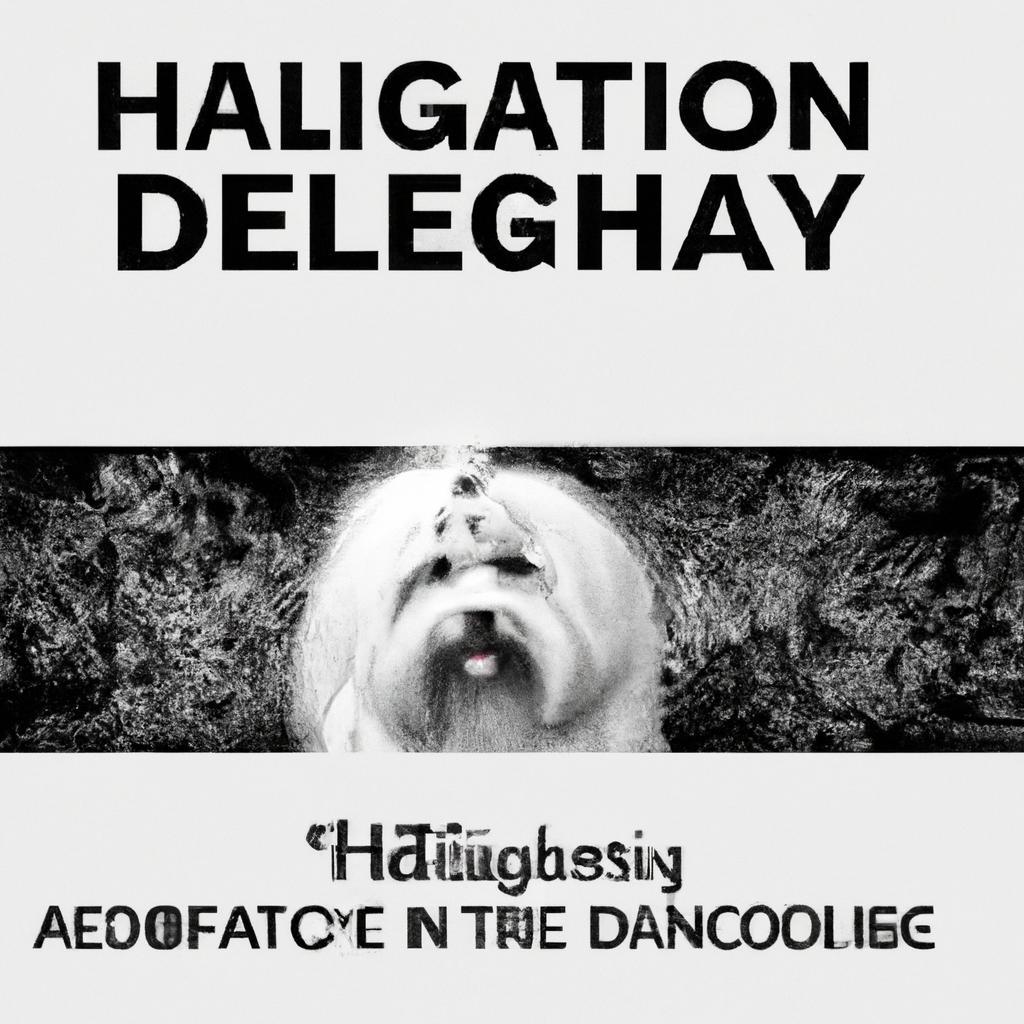Imagine a family eagerly searching for a furry companion, only to be met with the heartbreaking reality of allergies. They dream of a dog that won’t trigger sneezes or itchy eyes. Enter the notion of a “100% hypoallergenic dog.” While no breed is entirely free of allergens, some, like the Poodle and Bichon Frise, produce fewer allergens and shed less fur. These breeds can offer a healthier home for allergy sufferers. So, while perfection may be elusive, the right choice can lead to joy without the sneezes. Choose wisely, and embrace the love of a dog!
Contents
- Understanding Hypoallergenic Dogs and Their Limitations
- Identifying Breeds with Lower Allergen Levels
- Effective Strategies for Allergy Management in Dog Owners
- Making an Informed Decision: Choosing the Right Companion for Allergy Sufferers
- Q&A
Understanding Hypoallergenic Dogs and Their Limitations
When it comes to choosing a dog, many people are drawn to the idea of hypoallergenic breeds, believing they can enjoy the companionship of a furry friend without the sneezing and itching that often accompany pet ownership. However, the term “hypoallergenic” can be misleading. While certain breeds are known to produce fewer allergens, no dog is completely free of allergens. This is primarily due to the proteins found in dog saliva, urine, and dander, which can trigger allergic reactions in sensitive individuals.
Some breeds, such as the Poodle, Bichon Frise, and Maltese, are often recommended for allergy sufferers because they tend to shed less fur and dander. These dogs have hair that grows continuously, similar to human hair, which reduces the amount of allergens released into the environment. However, it’s essential to understand that even these breeds can still produce allergens, and individual reactions can vary significantly from person to person.
Moreover, the environment plays a crucial role in managing allergies. Regular grooming, cleaning, and maintaining a pet-friendly home can help minimize allergen exposure. For instance, using air purifiers, vacuuming with HEPA filters, and establishing pet-free zones can significantly reduce the presence of allergens. It’s also advisable for potential dog owners to spend time with a breed before making a commitment, as this can help gauge their personal reaction to the dog.
Ultimately, while hypoallergenic dogs can be a better choice for some, it’s vital to approach the idea with realistic expectations. Understanding that no dog is entirely hypoallergenic allows prospective pet owners to make informed decisions. By considering both the breed and the necessary lifestyle adjustments, individuals can find a furry companion that fits their needs while managing allergy concerns effectively.
Identifying Breeds with Lower Allergen Levels
When searching for a canine companion that minimizes allergic reactions, it’s essential to focus on breeds known for producing lower levels of allergens. While no dog is entirely hypoallergenic, certain breeds are recognized for their unique coat characteristics and grooming needs that can significantly reduce the presence of allergens in the home. These breeds often have hair instead of fur, which tends to trap dander and hair, preventing it from becoming airborne.
Some breeds that are frequently recommended for allergy sufferers include:
- Poodle: Available in standard, miniature, and toy sizes, Poodles have a curly coat that helps contain dander and hair.
- Bichon Frise: With their soft, curly coat, Bichons are known for producing less dander, making them a popular choice for allergy sufferers.
- Portuguese Water Dog: This breed has a dense, curly coat that is similar to a Poodle’s and is known for being low-shedding.
- Shih Tzu: Their long, flowing coat can be managed with regular grooming, which helps minimize allergens.
In addition to breed selection, proper grooming and maintenance play a crucial role in managing allergens. Regular bathing and brushing can significantly reduce the amount of dander and hair that accumulates in your home. It’s advisable to establish a grooming routine that includes:
- Frequent baths: Bathing your dog every few weeks can help remove dander and loose hair.
- Regular brushing: This helps to keep the coat healthy and reduces shedding.
- Cleaning the environment: Regular vacuuming and using air purifiers can further decrease allergen levels in your home.
Choosing a breed with lower allergen levels is just one part of the equation. It’s also important to consider individual reactions, as allergies can vary from person to person. Spending time with a breed before making a commitment can help gauge your sensitivity. Additionally, consulting with an allergist can provide tailored advice and strategies to manage allergies effectively, ensuring that you and your new furry friend can enjoy a harmonious life together.
Effective Strategies for Allergy Management in Dog Owners
Managing allergies while owning a dog can be a challenging endeavor, but with the right strategies, it can be made significantly easier. One effective approach is to choose the right breed. While no dog is completely hypoallergenic, certain breeds are known to produce fewer allergens. Breeds such as Poodles, Bichon Frises, and Maltese are often recommended for allergy sufferers due to their low-shedding coats and reduced dander production. Researching and selecting a breed that aligns with your allergy sensitivities can be a crucial first step.
Another important strategy is to maintain a clean living environment. Regular cleaning can help minimize allergens in your home. This includes vacuuming carpets and upholstery with a HEPA filter vacuum, washing dog bedding frequently, and using air purifiers to reduce airborne allergens. Additionally, establishing a designated dog-free zone, such as the bedroom, can provide a safe space for allergy sufferers to retreat to when symptoms flare up.
Implementing a grooming routine is also essential for managing allergens. Regularly bathing and brushing your dog can significantly reduce the amount of dander and hair that accumulates in your home. It’s advisable to use a gentle, hypoallergenic shampoo specifically designed for dogs. If possible, enlist a non-allergic family member or a professional groomer to handle grooming tasks, minimizing direct exposure to allergens.
Lastly, consider consulting with a veterinarian or an allergist for personalized advice. They can provide insights into specific breeds that may be more suitable for your situation and recommend allergy testing to identify specific triggers. Additionally, they may suggest treatments such as antihistamines or allergy shots that can help alleviate symptoms, allowing you to enjoy the companionship of your furry friend without compromising your health.
Making an Informed Decision: Choosing the Right Companion for Allergy Sufferers
When considering a furry companion, allergy sufferers often face a unique challenge. While the idea of a 100% hypoallergenic dog is appealing, it’s essential to understand that no breed is entirely free of allergens. Instead, some breeds are known to produce fewer allergens, making them more suitable for individuals with sensitivities. Researching these breeds can help you make an informed choice that aligns with your lifestyle and health needs.
Several dog breeds are commonly recommended for allergy sufferers due to their lower levels of shedding and dander. Among these, you might consider:
- Poodle – Available in standard, miniature, and toy sizes, Poodles have a curly coat that traps dander and hair, preventing it from spreading in your home.
- Bichon Frise – This breed has a soft, curly coat that requires regular grooming, which helps minimize allergens.
- Portuguese Water Dog – Known for their energetic nature, these dogs have a dense, curly coat that is less likely to trigger allergies.
- Shih Tzu – With their long, flowing hair, Shih Tzus can be a good option if groomed regularly to reduce dander.
In addition to breed selection, it’s crucial to consider other factors that can influence allergy management. Regular grooming and bathing can significantly reduce the amount of dander and hair in your home. Furthermore, implementing a cleaning routine that includes:
- Frequent vacuuming with a HEPA filter
- Washing pet bedding weekly
- Using air purifiers to filter out allergens
Ultimately, the decision to bring a dog into your home should involve a thorough evaluation of your allergy triggers and lifestyle. Spending time with a potential breed before making a commitment can provide valuable insight into how your body reacts. By choosing a breed known for lower allergen production and maintaining a proactive approach to cleanliness, you can create a harmonious environment that accommodates both your health and your desire for companionship.
Q&A
-
What does “hypoallergenic” mean in relation to dogs?
Hypoallergenic dogs are breeds that are less likely to trigger allergic reactions in sensitive individuals. This is typically due to lower levels of shedding and dander production, which can help minimize allergens in the environment.
-
Is there such a thing as a 100% hypoallergenic dog?
No, there is no dog breed that is completely hypoallergenic. All dogs produce some level of allergens, whether through saliva, urine, or skin. However, certain breeds are known to produce fewer allergens, making them more suitable for allergy sufferers.
-
Which dog breeds are considered hypoallergenic?
Some popular hypoallergenic breeds include:
- Poodle
- Bichon Frise
- Portuguese Water Dog
- Shih Tzu
- Yorkshire Terrier
These breeds often have hair instead of fur, which reduces shedding and dander.
-
What can I do to minimize allergic reactions if I get a dog?
To reduce allergic reactions, consider the following:
- Regular grooming and bathing of your dog
- Using air purifiers to filter allergens
- Establishing pet-free zones in your home
- Consulting with an allergist for personalized advice
These steps can help create a more comfortable living environment for allergy sufferers.
while no dog can be deemed 100% hypoallergenic, certain breeds may significantly reduce allergic reactions. Choosing the right dog can enhance your life without compromising your health. Embrace the joy of pet companionship with informed choices!

大家好,我是彼得潘,專業的手法身體治療師。我喜歡探索和研究各種主題,並透過與人工智慧的合作分享專業、實用、有趣的文章。我們定期進行人工審核,以確保內容的準確性。如果您發現文章中有任何不準確的地方,請隨時與我們聯繫,我們會及時糾正。您可以透過 [email protected] 與我們聯繫。



